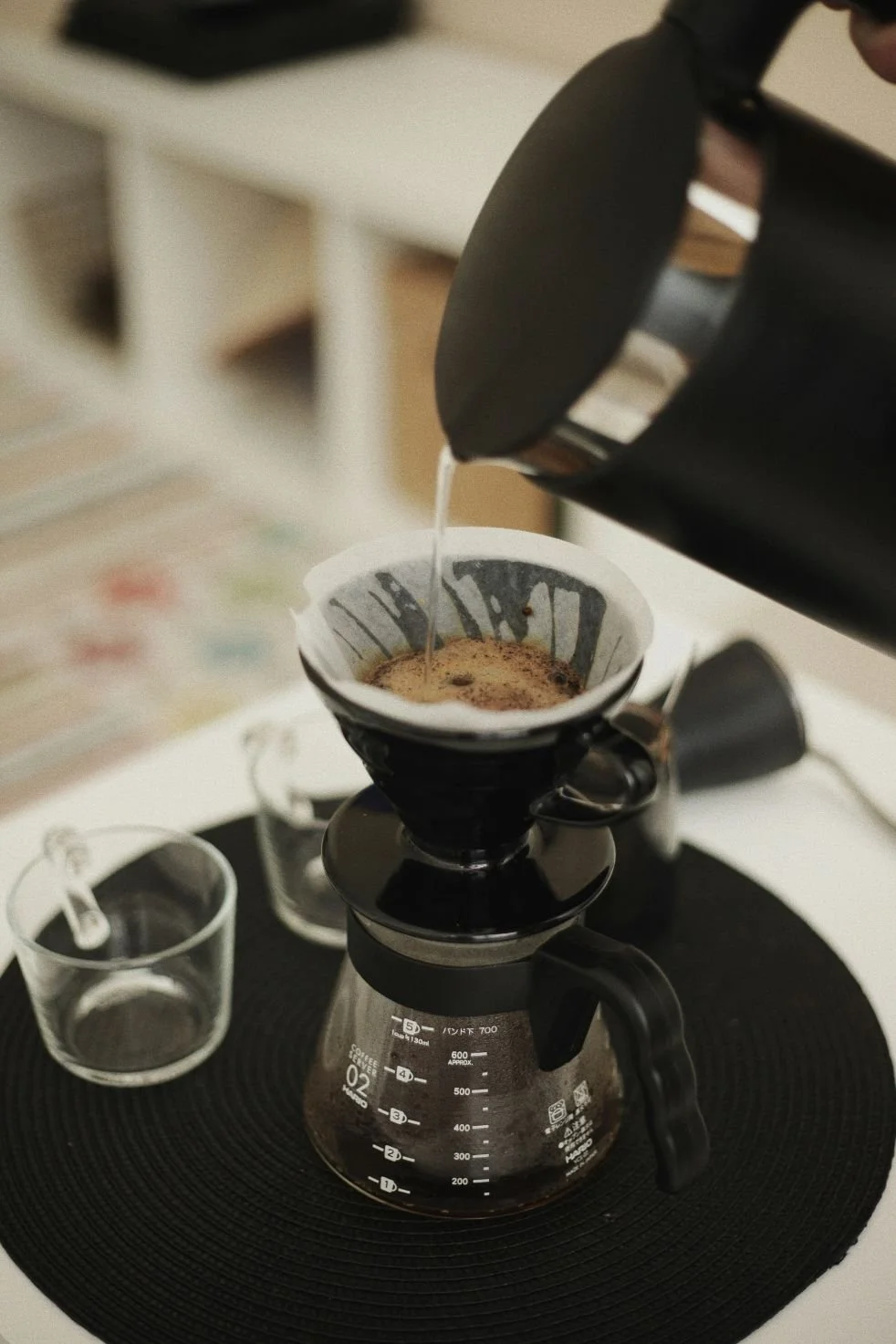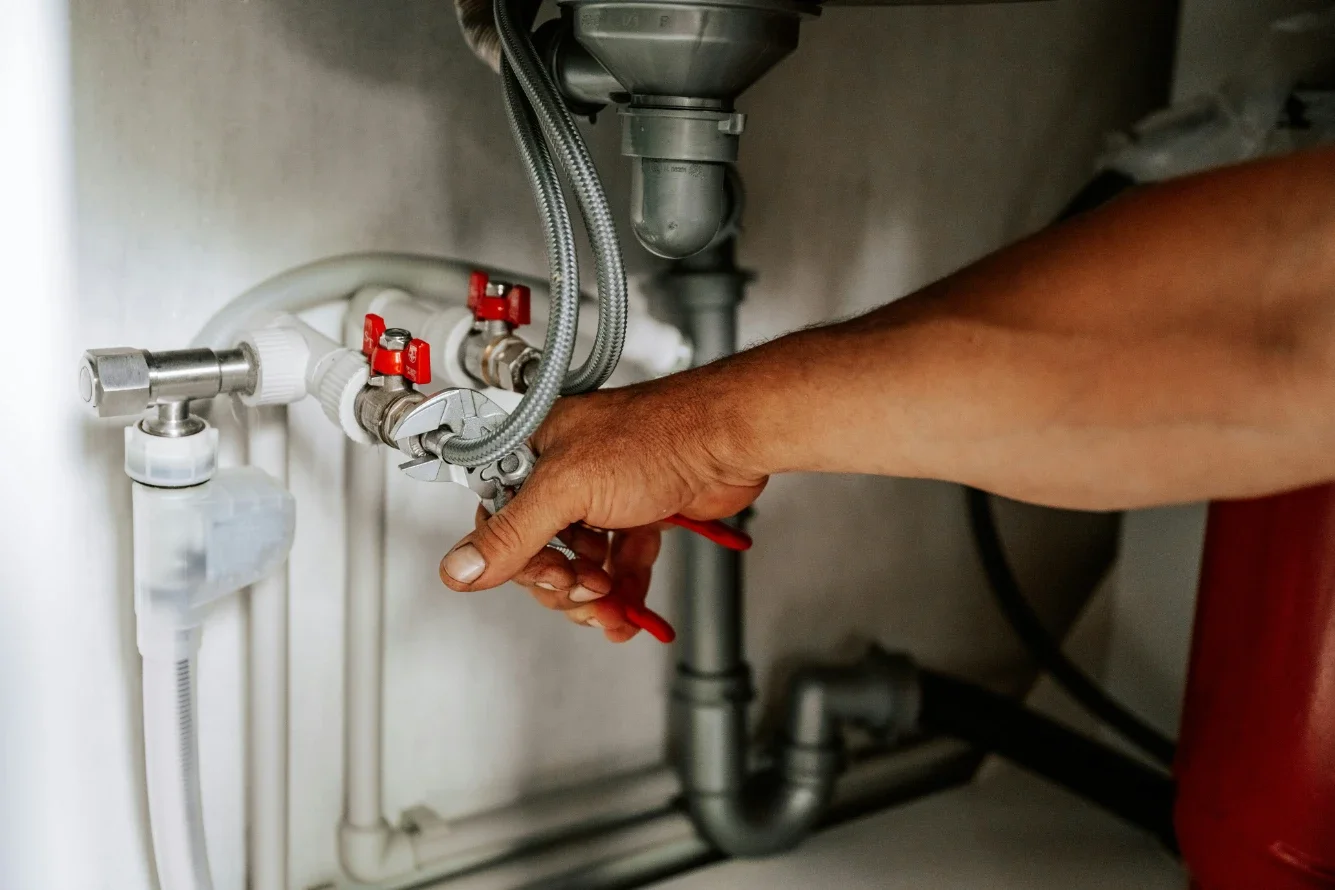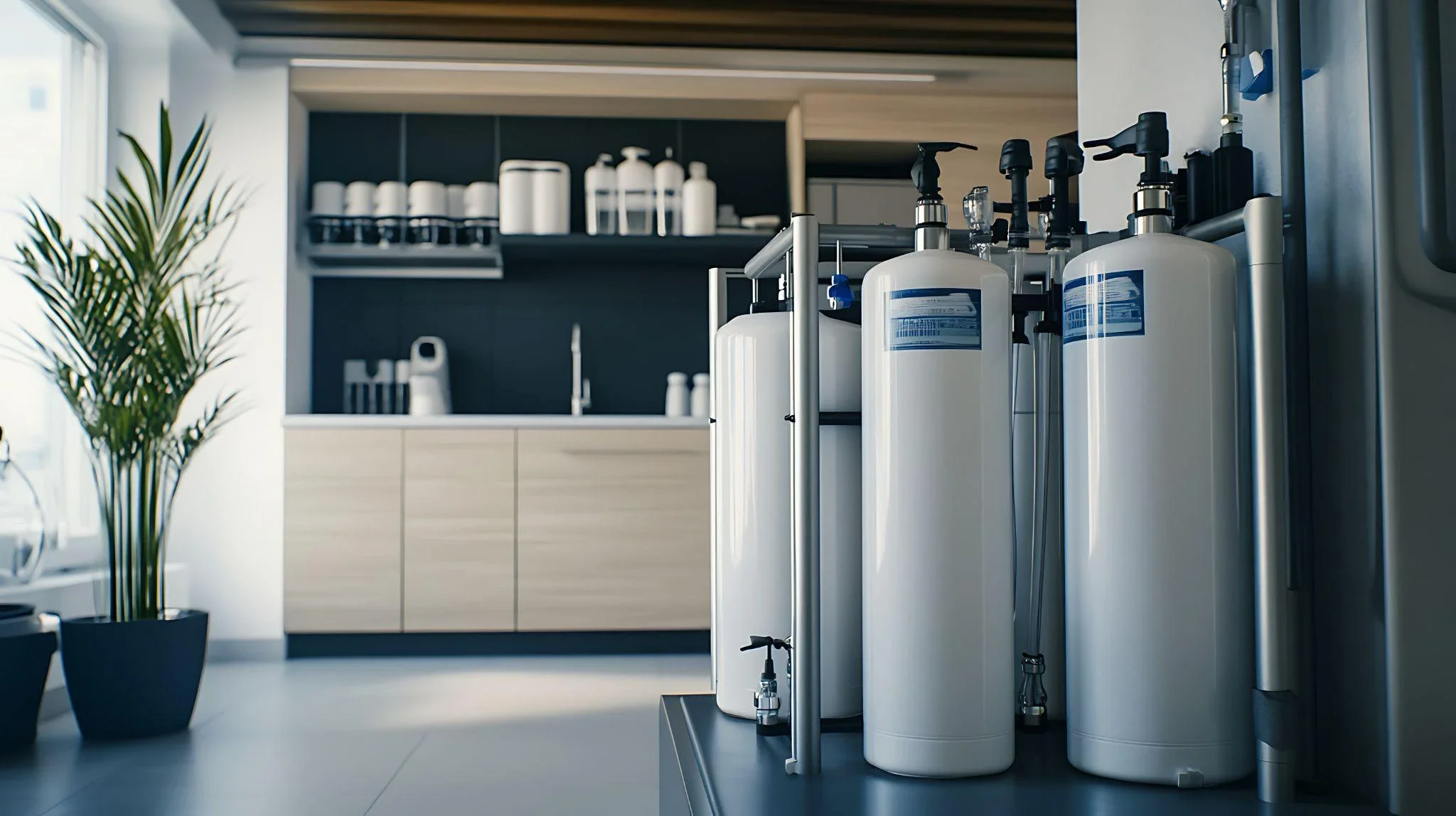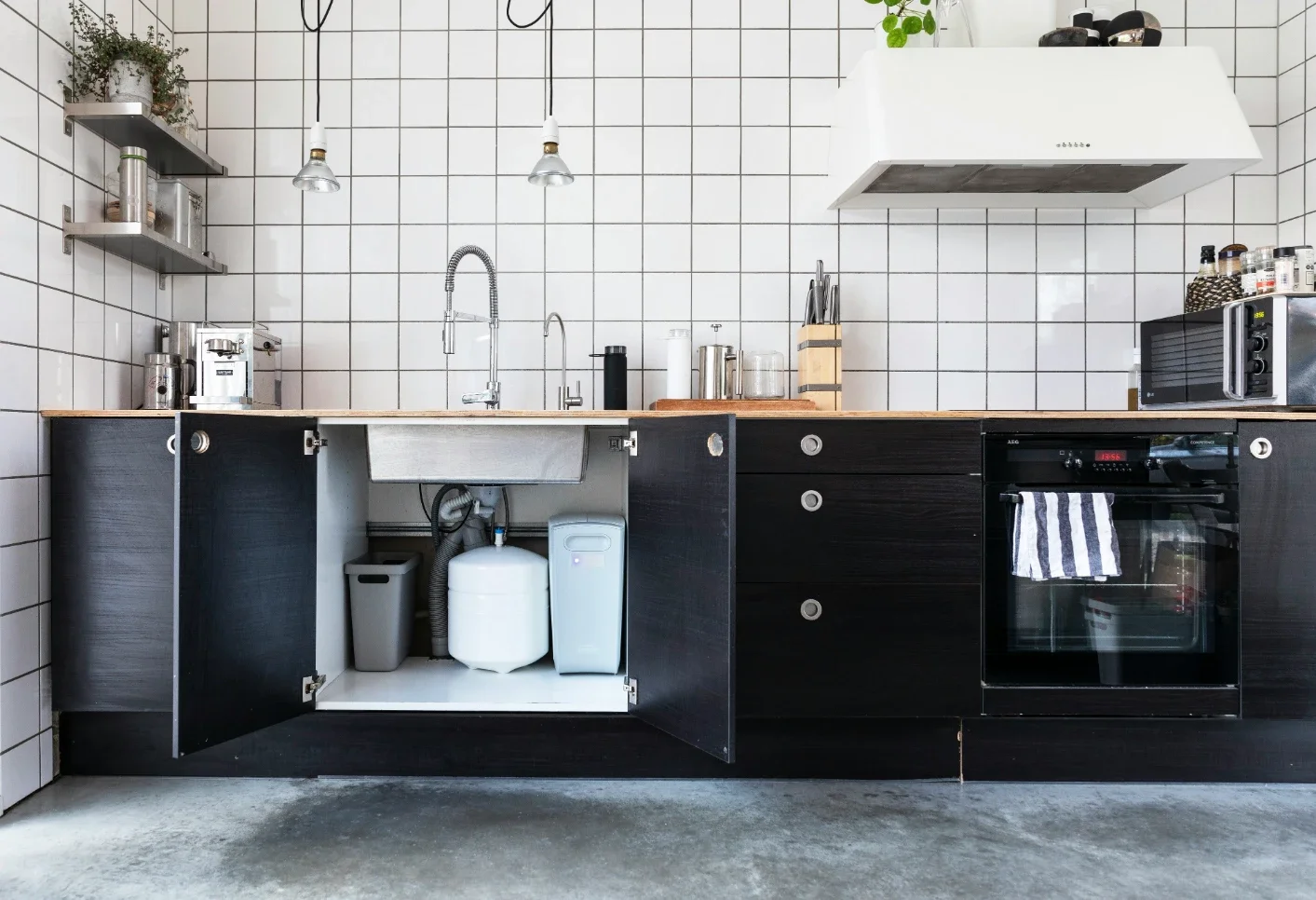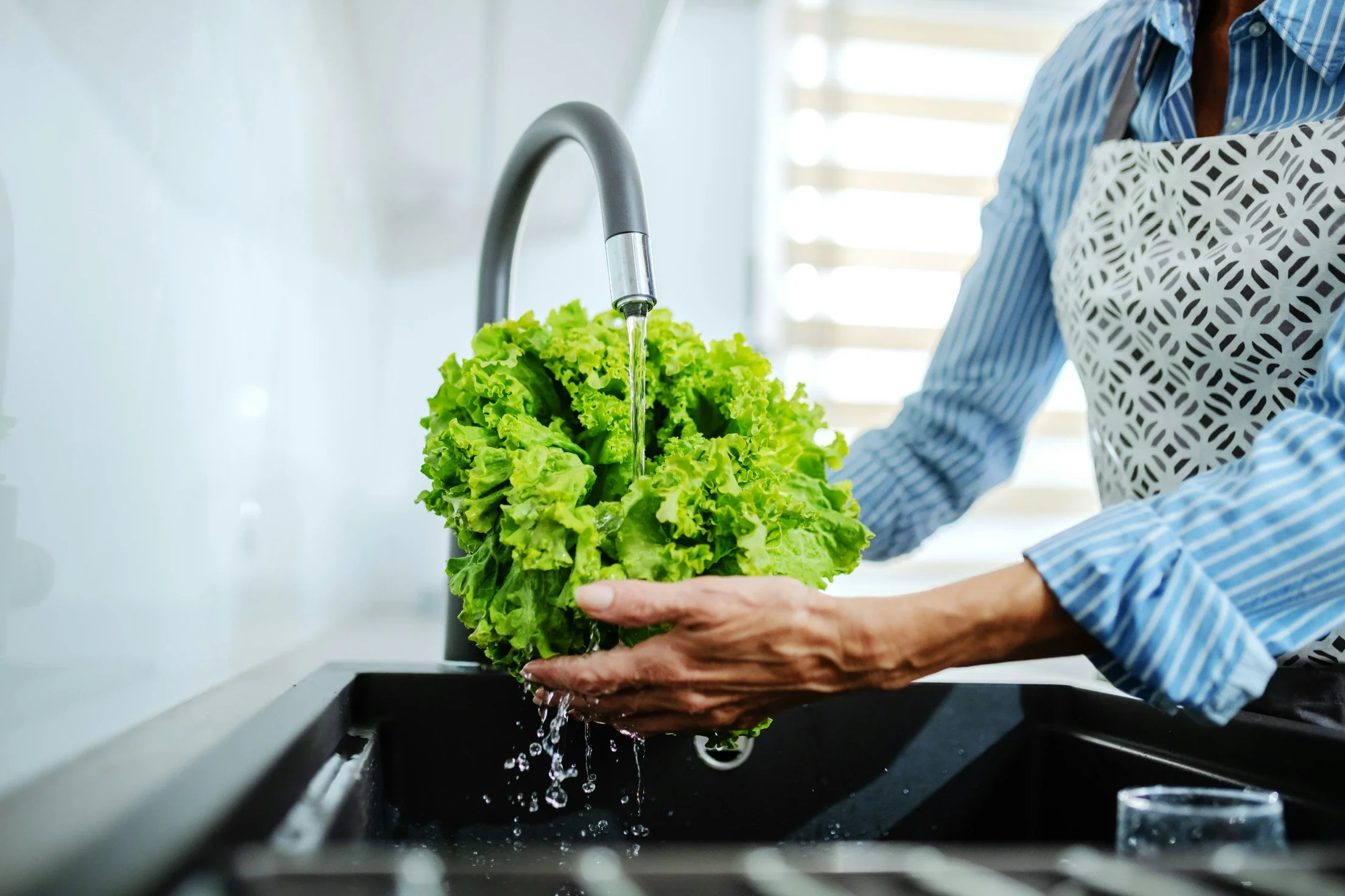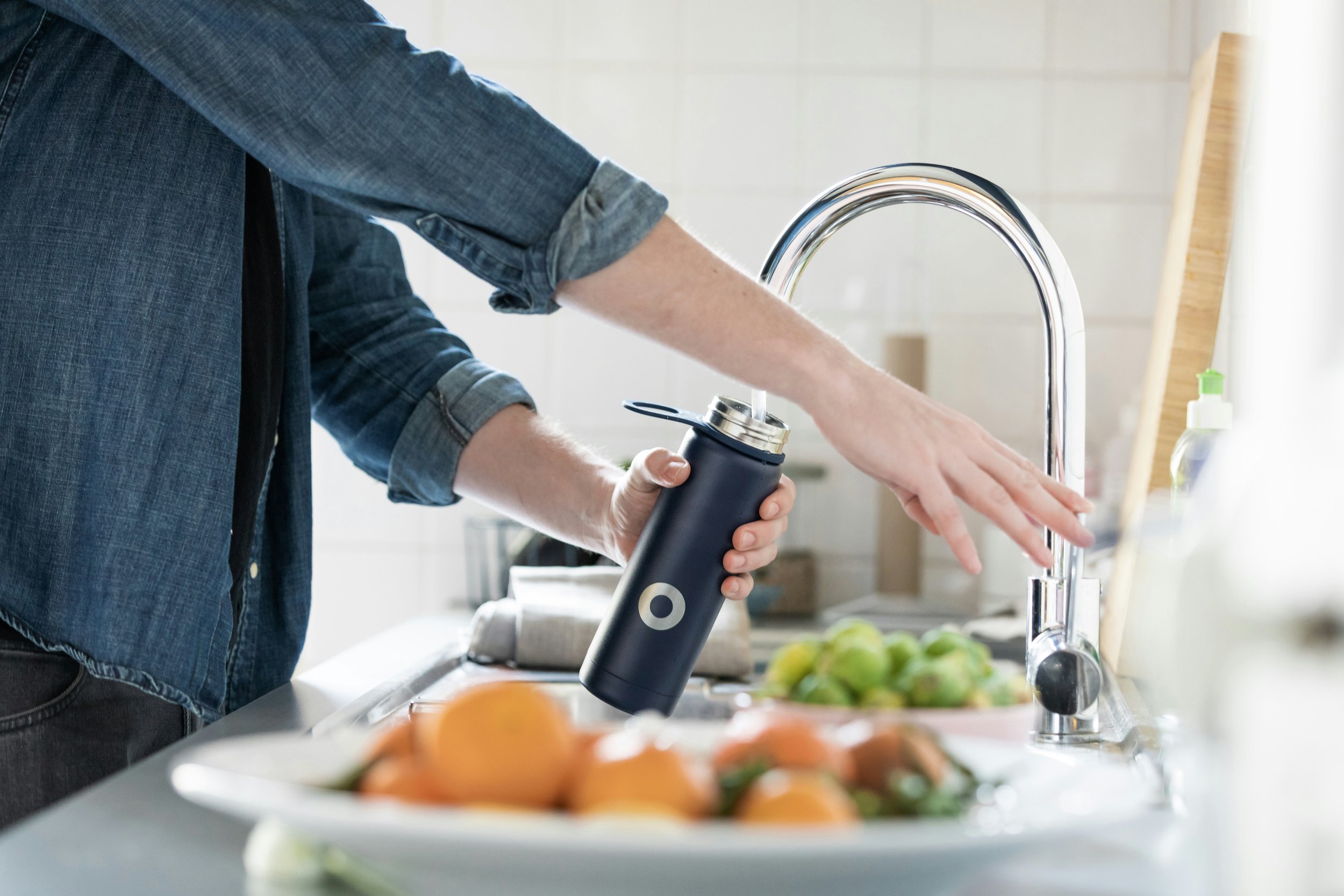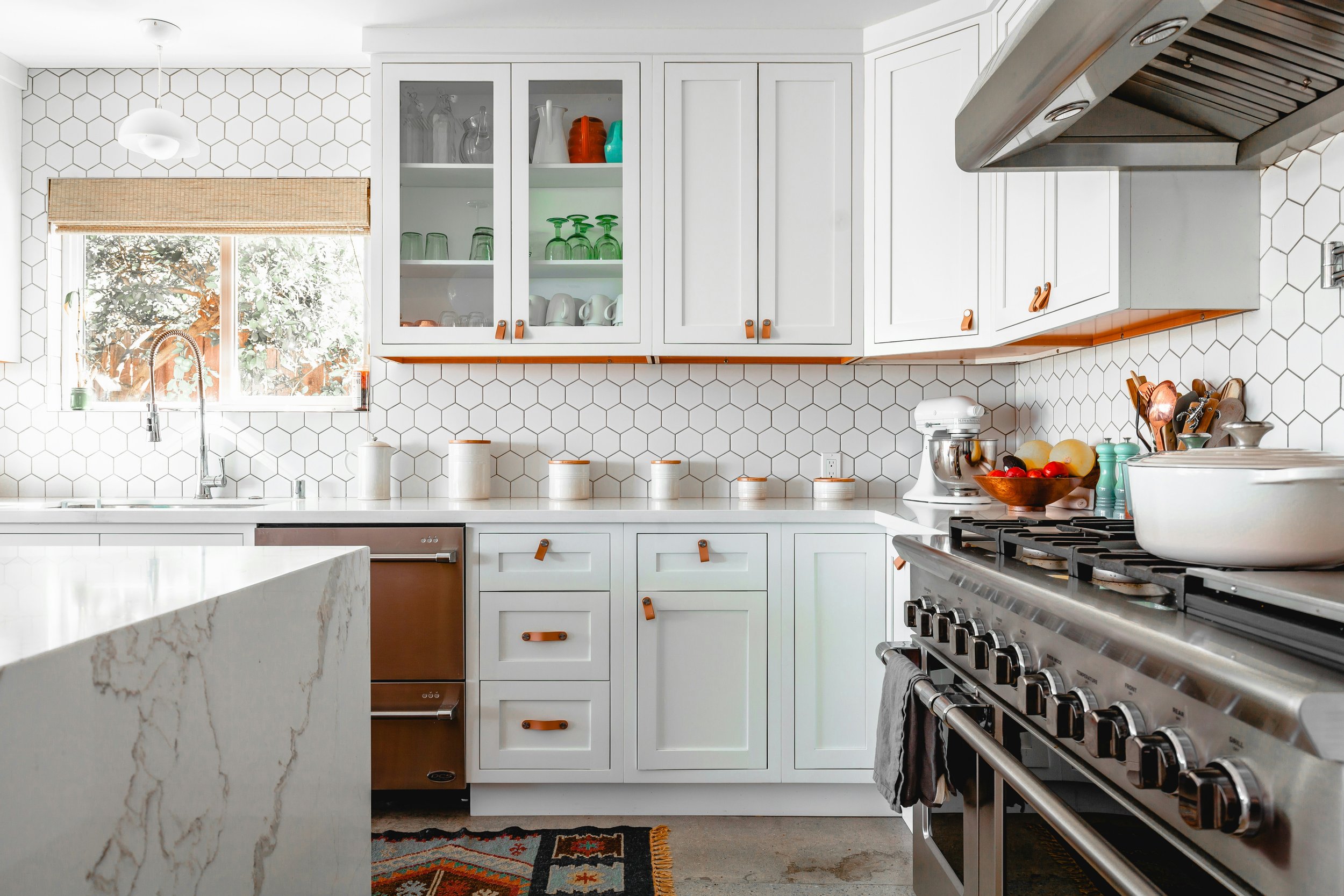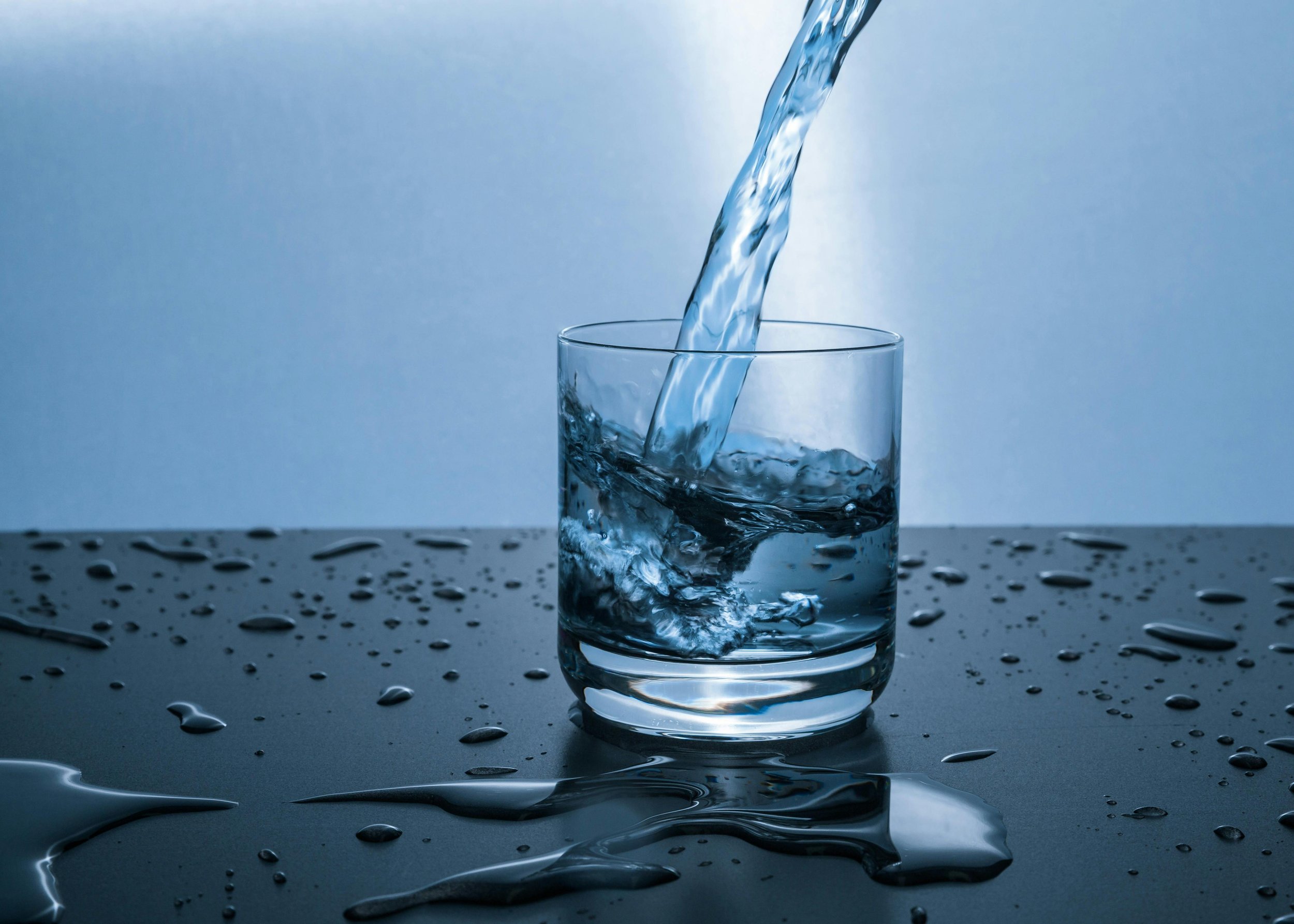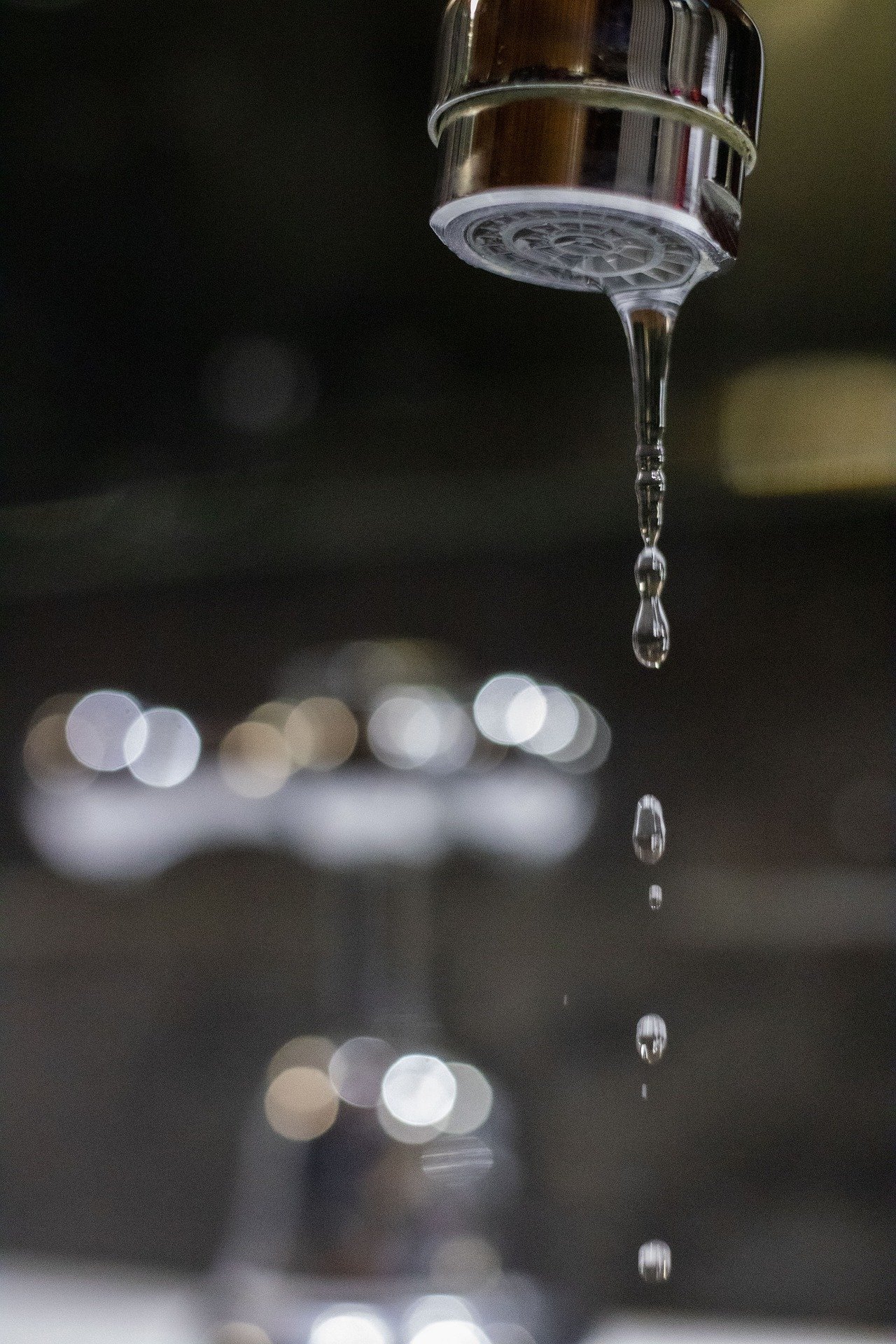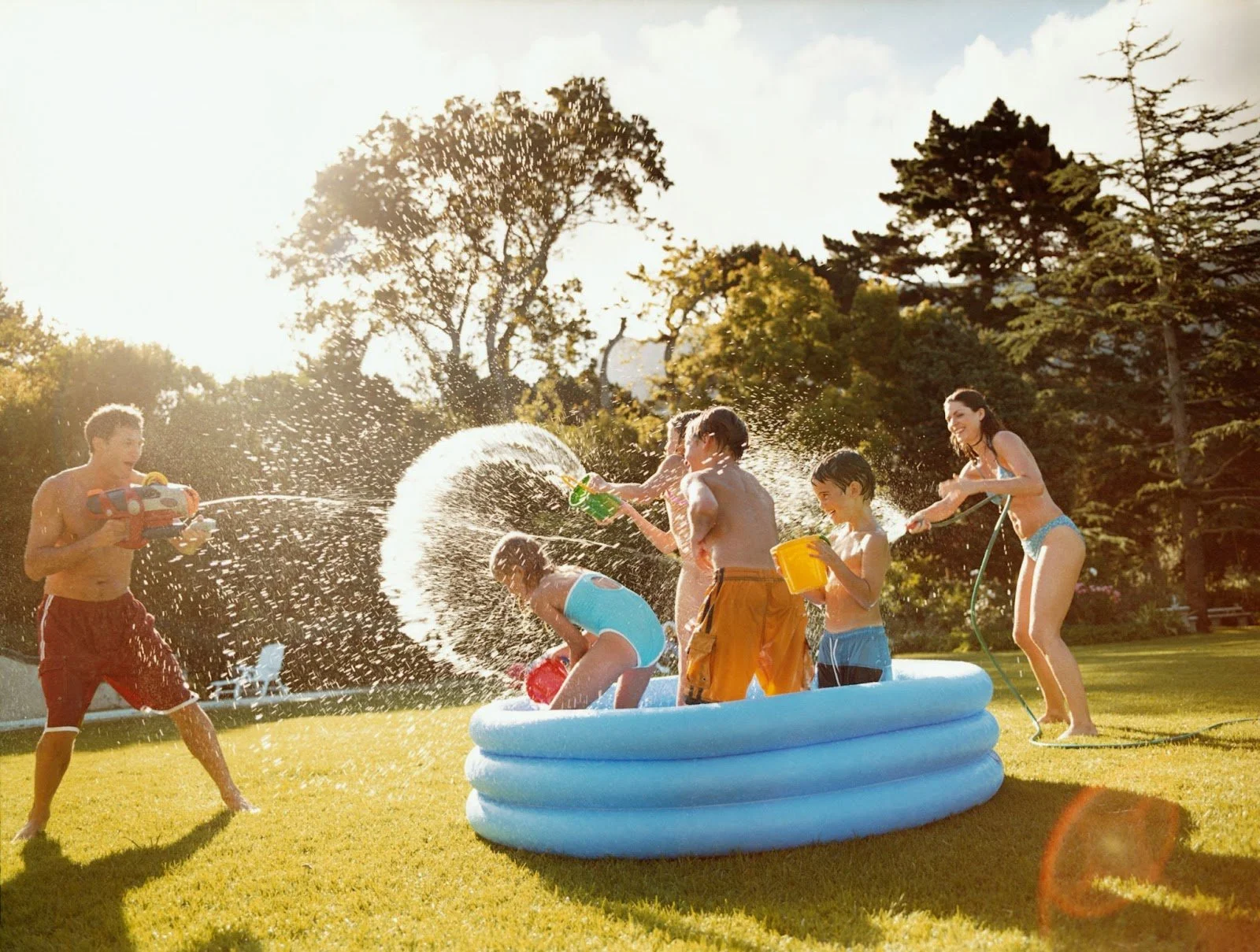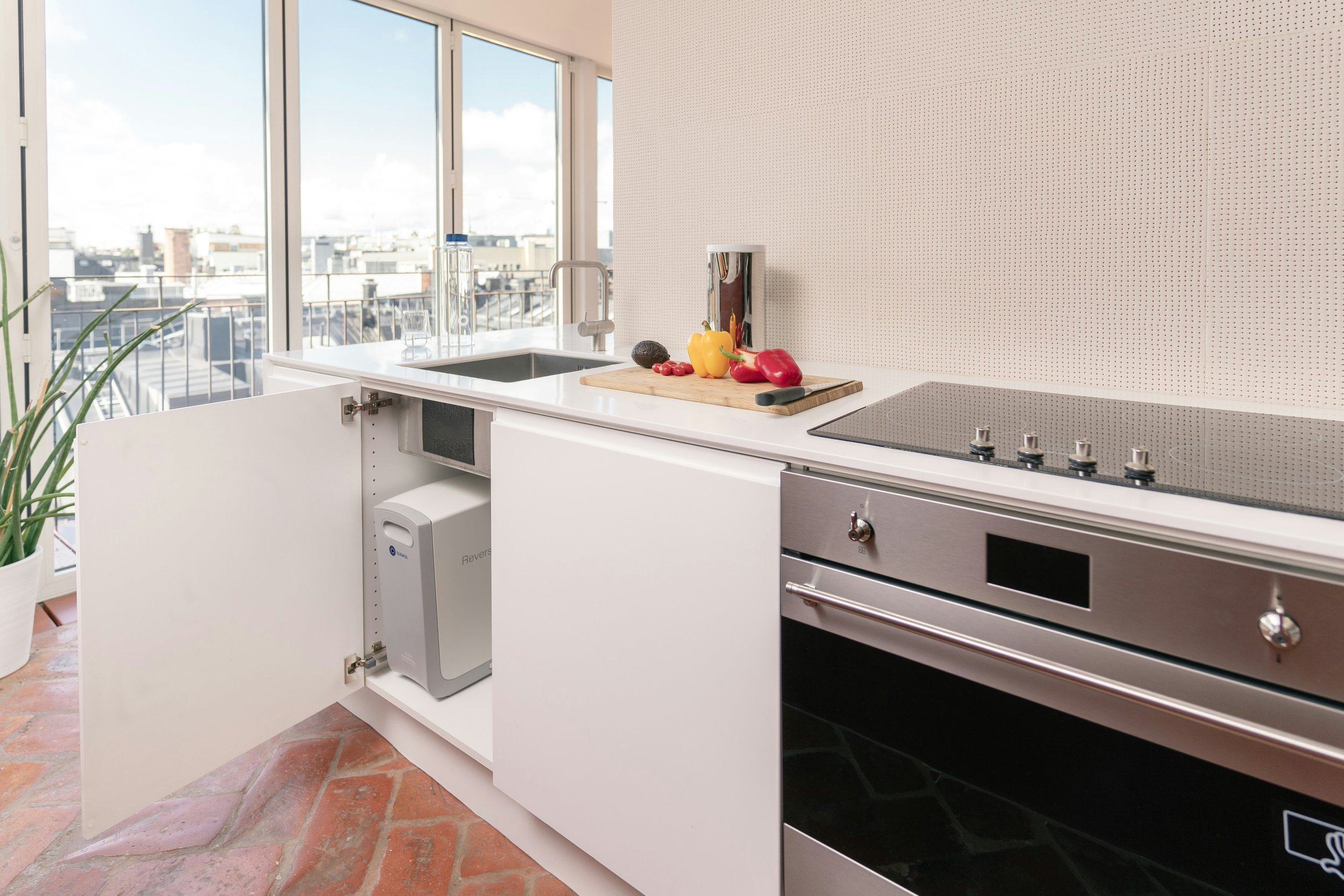How Hard Water Affects Your Coffee Taste and Brew Quality
Discover how hard water impacts your coffee flavor and brewing process. Learn why water quality matters and how water softeners can improve your daily cup.
Have you ever brewed your favorite coffee only to notice that something tastes a little off? The beans are fresh, your machine is spotless, and your grind is just right but the flavor seems flat or overly bitter.
The problem may not be your coffee at all. It might be your water. In fact, water makes up over 98 percent of every cup of coffee. This is why the quality of your tap water has a direct impact on taste.
If you live in Canada and want to enjoy a more consistent brew, it may be time to consider a water softener system to improve your home’s water quality.
What Is Hard Water and Why Does It Affect Coffee?
Hard water is simply water that contains a high concentration of minerals, mainly calcium and magnesium. These minerals enter the water as it flows through limestone, chalk, or other mineral-rich ground.
While hard water is safe to drink, it can cause subtle issues in the kitchen, especially when it comes to making coffee. Hard water affects both the flavor and quality of your brew. Calcium and magnesium interfere with the extraction process.
Hard water often draws out more of the bitter compounds in coffee grounds instead of the rich, balanced flavors. The result is a cup that may taste sharp, chalky, or dull, no matter how high-quality your beans are.
How Hard Water Impacts Your Coffee Experience
Hard water does more than ruin flavor. It also affects the equipment you use to make coffee. Coffee makers, kettles, and espresso machines are vulnerable to scale buildup. When hard water is heated, minerals form deposits known as limescale.
Over time, this buildup clogs the internal parts of your machine and affects temperature control. That directly changes how your coffee brews.
Inconsistent water hardness also leads to unpredictable results. If the water composition changes even slightly, your coffee may taste different from one day to the next. This is a problem for anyone who values a consistent cup of coffee each morning.
How to Know If You Have Hard Water
If you notice white residue on your faucets or a chalky coating inside your kettle, you likely have hard water. Other signs include soap that does not lather well and dishes that come out of the dishwasher with spots.
You can confirm hard water with a simple home test kit. Alternatively, a professional water analysis offers more precise results. Either way, identifying the hardness level is a smart first step toward improving your water and coffee.
Water Quality Matters More Than You Think
The quality of water in your home affects more than just your coffee. It influences how your appliances perform, how your skin feels after a shower, and even how clean your clothes get. Coffee just happens to be one of the easiest things to notice the difference in. When you switch from hard to soft water, the improvement in taste is immediate.
Water softeners remove excess calcium and magnesium from tap water and replace them with harmless sodium or potassium ions. This process not only improves flavor but also protects appliances from limescale damage. That means less maintenance, longer machine life, and a better cup of coffee every time.
Choosing the Right Water Softening System
There are two common solutions: whole-home water softeners and point-of-use filters. If you want better water throughout your house, from the kitchen to the laundry room, a whole-home solution is ideal. It treats all the water entering your home and provides consistent softness for every tap.
On the other hand, if your primary concern is your coffee maker or kitchen use, a smaller point-of-use filter might do the trick. These are easier to install and more budget-friendly but provide limited coverage.
A water treatment expert can help you evaluate your household needs and recommend the right water softener system.
Let WaterMart Help You Brew Better Coffee
For over 30 years, WaterMart has been helping Canadian homeowners improve their water quality. Their team of experts can guide you in choosing the right water softener system to remove hard minerals, protect your appliances, and improve the taste of your water, especially in your coffee.
Conclusion
If your coffee tastes off, your water may be the cause. Hard water not only changes how your brew tastes but also affects your equipment and your overall experience.
By understanding the impact of minerals like calcium and magnesium, and by investing in a quality water softening solution, you can unlock the full flavor potential of every cup.
